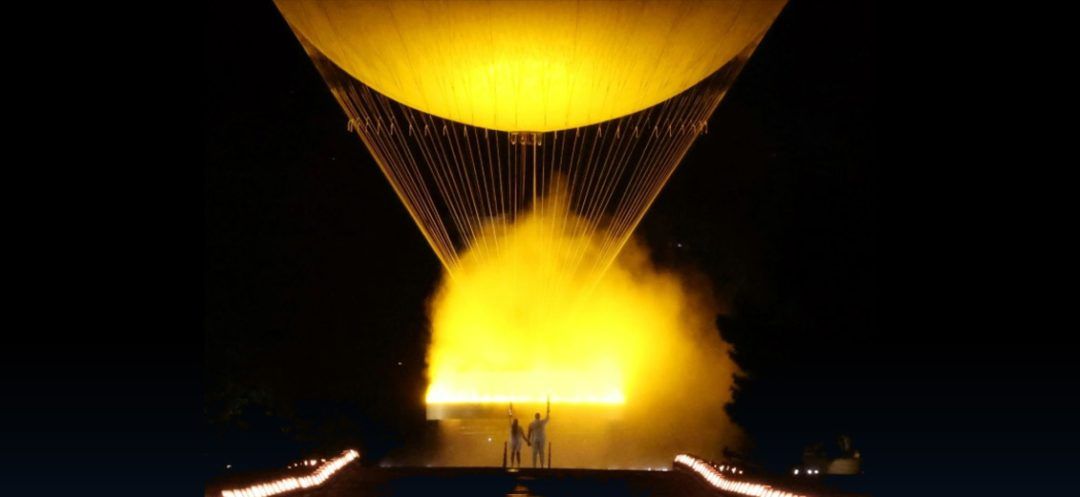
It’s official, it's today, and the XXXIII Olympiad in Paris is underway.
After an opening ceremony in the rain, with the Seine as the stage, Paris officially launched its Games on Friday night. The ceremony has left mixed reviews. The scene of the Last Supper on the Seine, a perhaps approximate pun, but undeniably in poor taste, has sparked controversy. It’s hard to see the connection to any historical allusion to French culture in this odious sequence. Unless drag queens are now to be placed on the same pedestal as the great men who made France the great nation it is today. Was it really necessary to ridicule the Catholic religion to pull off a grand ceremony? Leonardo, come back, they’ve gone mad.
Anyway, let’s move on. Now it’s time for serious matters. Paris has been decked out in the colors of the Olympic Games. Athletes, journalists, and tourists are here, and the sites are ready. The sporting event of the century can begin. Athletes from around the world, including the Lebanese contingent, have settled into the Olympic Village. Football, rugby sevens, handball, and archery tournaments had already begun even before the opening ceremony.
Bread and Circuses
The expression "Bread and circuses" has existed since Ancient Rome, but seeing edition after edition, the various organizing committees standing up to controversies and criticisms for months on end, one realizes that hosting the Games also means knowing how to take the punches.
Multiple Controversies
Before Beijing 2008, there were concerns about unbreathable air and a ban on moving outside hotels and competition sites; before London 2012, working conditions in factories making the official outfits, the choice of mascot, and transport issues sparked multiple controversies; for Rio 2016, we were warned of unfinished facilities, constant insecurity, or being affected by the Zika virus; for Tokyo 2021, it was accusations of corruption and worries about pollution and water temperatures that filled the headlines of these Games, postponed by a year and held almost behind closed doors due to the global Covid pandemic. In short, everyone got their share of criticism, chaos was promised every time, and yet all these Games were held without major issues and were overall successful.
Undeniable Enthusiasm
Since the Games were awarded to Paris in September 2017 in Lima, the big day has arrived. Despite the noisy minority claiming for months that it wouldn’t happen. In the land of the baguette, the pains were handed out generously: a ceremony on the Seine? Impossible. Open water swimming and triathlon events in the Seine? Impossible. A marathon for everyone in the heart of the city? Impossible. The Gaulish grumbler maintained his reputation, but it must be acknowledged that Tony Estanguet and his teams kept almost all their promises, withstood all attacks (cyber or otherwise), and survived all upheavals, even a dissolution of the National Assembly. Paris Mayor Anne Hidalgo, although overtaken at the finish line by Sports Minister Amélie Oudéa-Castera, rose to the challenge of swimming in the Seine. The Olympic flame’s journey across France sparked true popular mobilization and undeniable enthusiasm with real suspense for the final torchbearer.
Volunteers Are Ready
Paris is now ready. All the equipment has been delivered and tested on time, the stations are decorated in the colors of the Games, signs are installed around all competition sites, and volunteers are hard at work. Behind the scenes, the work has been done, and the keys to the true success of these Games are now in the hands of the athletes. Athletes from around the world are ready. Lebanese athletes too. Accompanied by a plethora of officials (!), tradition obliges, Lebanese athletes are determined to do their best to bring home a medal after an interminable 44-year wait. It’s not forbidden to dream. It’s up to them to open the doors to glory, hoping that from now on, we only talk about sports, medals, and emotions.
Read more




Comments